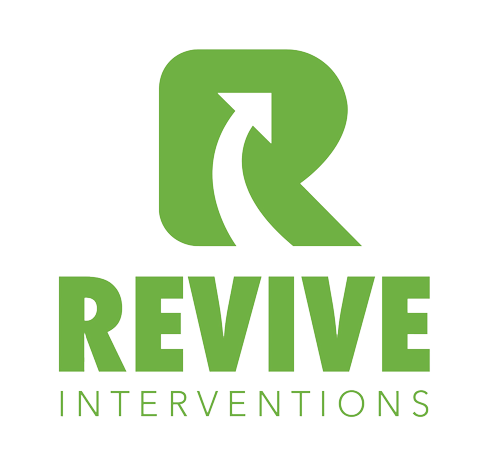Addiction is something that millions of people struggle with but that is very difficult for many to define. One type of addiction that is often overlooked is that of alcoholism. Some don’t treat alcoholism the same as drug addiction and even more don’t fully understand how alcoholism affects the body and mind or what a person dealing with alcoholism is going through.
At Revive Interventions we know the struggles that addiction to drugs and alcohol can cause. That’s why we want to make sure our clients know the signs and symptoms of alcoholism and how to get themselves or their loved ones the help they need to get sober. In this post, we’ll define alcoholism, discuss some of the signs and symptoms of alcoholism to look out for, and how to get someone help with alcoholism.
What Is Alcoholism?
Alcoholism is a chronic disease that causes physical and mental changes, which can lead to other health problems. Often those with alcoholism cannot control their drinking habits or stop themselves from compulsively consuming alcohol even though they want to quit or have tried in the past without success.
Unlike other drugs that typically cause a person to become addicted over time because they alter the body in some form (such as opioids that affect the central nervous system), alcoholism can affect those who only drink occasionally such as “binge” drinkers or those who have only been drinking a short time.
The health impacts of prolonged alcohol use can include, liver damage, pancreatitis, high blood pressure and an increased risk of other cancers. There are other health effects from short term alcohol use such as nausea, vomiting, headaches, blurred vision, slurred speech, and reduced reaction speed.
Even the minor health effects can cause life threatening problems for people under the influence of alcohol. It’s important if you notice any of these side effects to consider getting help right away. The first step to getting your loved one the help they need is recognizing that alcoholism has become a problem for them and helping them realize it as well.
Signs and Symptoms of Alcoholism
This means signs of alcoholism are often present before someone reaches “alcoholic” status. Signs may include:
- Drinking more than intended on a regular basis (e.g., three drinks per week becomes six)
- Drinking very quickly during one occasion – usually after only two drinks
- Becoming unable to drink moderately after years of being able to do so easily
- Needing alcohol to deal with daily life stressors or consuming alcohol on a daily basis without any outside provocation.
- Continuing to consume alcohol despite negative consequences such as health impacts or loss of financial stability.
This list is not exhaustive and signs vary for each individual dependent on factors such as age, substance abuse history, and other health factors.
The signs of alcoholism are usually apparent to friends and family before the individual realizes they have a problem but knowing what to look out for is crucial for family and friends to try and get their loved one the help they need.
How to Get Someone Help With Alcoholism
If you want to get someone help with their alcoholism, the first step is helping them recognize the signs and symptoms of alcoholism. One of the ways to do this is with an intervention.
At Revive Interventions we help families plan and execute interventions so that they can through love and support help their loved ones get the help they need with their addiction, whether it is dealing with drugs or alcoholism.
Once the intervention is complete, we can help them get the treatment and services they need to return to a life of sobriety and take the next steps forward towards recovery.
If you know someone suffering from alcoholism, contact Revive Interventions today.

No comment yet, add your voice below!